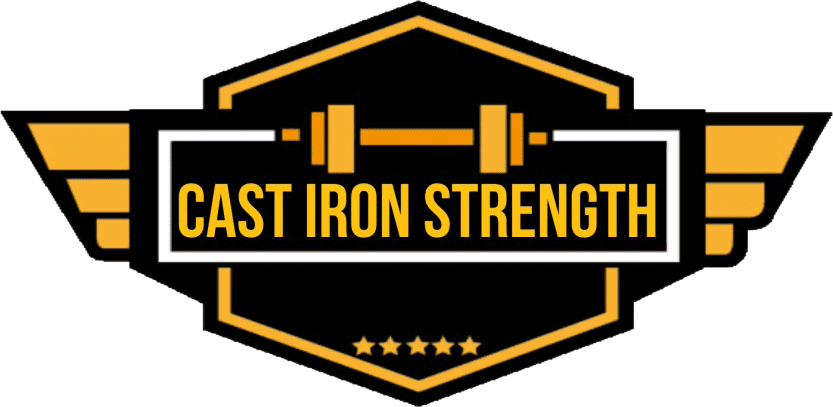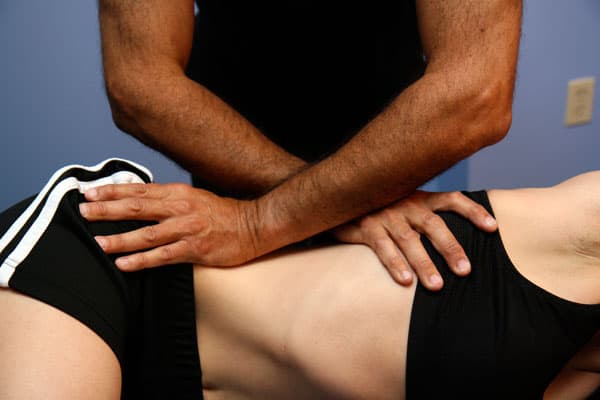 Almost everyone appreciates the need for rest and recuperation between sessions, some people like to train with huge intensities or volumes 1-2x per week whilst others like to train with lesser volumes or intensities every day of the week. Regardless of your training philosophy at some point either day to day or week to week you are going to have to take some time out to recover from your training and allow the biological witchery of super compensation to take place.
Almost everyone appreciates the need for rest and recuperation between sessions, some people like to train with huge intensities or volumes 1-2x per week whilst others like to train with lesser volumes or intensities every day of the week. Regardless of your training philosophy at some point either day to day or week to week you are going to have to take some time out to recover from your training and allow the biological witchery of super compensation to take place.
TL;DR
If you want to maximise your recovery you need to be on top of the following.
- Sleep – quantity and quality
- Diet – sufficient calories / protein intake (mainly for strength training) / carbohydrate intake (for endurance athletes or athletes who take part in multiple training sessions).
- Massage / Self massage
- Other recovery aids can be used under your own advice but as far as we can tell at the minute they don’t offer much more than a placebo effect.
What does rest do? A break neck paced crash course on GAS (general adaptation syndrome).
Originally described by Hans Selye (1907–1982), an Austrian-born physician who emigrated to Canada in 1939, the general adaptation syndrome represents a three-stage reaction to stress. Selye explained his choice of terminology as follows: “I call this syndrome general because it is produced only by agents which have a general effect upon large portions of the body. I call it adaptive because it stimulates defense…. I call it a syndrome because its individual manifestations are coordinated and even partly dependent upon each other.”Selye thought that the general adaptation syndrome involved two major systems of the body, the nervous system and the endocrine (or hormonal) system. He then went on to outline what he considered as three distinctive stages in the syndrome’s evolution. He called these stages the alarm reaction (AR), the stage of resistance (SR), and the stage of exhaustion (SE). – medical-dictonary.com
- Fitness training stress our cardiovascular and repository systems and results in a gain in “fitness”
- Strength training stresses our muscles and nervous system and results in a gain in strength.
We place a stress on the body through exercise and training. Then our body slips into a state of alarm which results in an adaptation (resistance stage). If we don’t allow for sufficient rest or recovery then our body becomes over trained or injured (stage of exhaustion).
Allowing for appropriate rest and recovery is as important if not more important for optimising our gain from training. This is modelled in both super compensation theory or fitness.fatigue theory.
- Sleep
Sleep is your body’s primary time for recuperation if you engage in physical training it can take up to 9-10 hours of sleep to fully recover from your sessions. If you are not getting minimum 7-8 hours of sleep a night I wouldn’t even bother reading the rest of this article before you read the rest of this article.
Importance – Utmost.
Scientific backing – strong
- Calories
Food or energy is probably your body’s second most important resource for recovering from exercise induced stress the chemical reactions that help your body to repair and improve cells costs energy. If you are very active (1-2x training per day) you can need up to 190% your basal calorie intake to just maintain your body mass.
Importance – Utmost.
Scientific backing – strong
- Protein Intake
If you engage in a lot of muscle damaging training than it has been hypothesised for almost as long as people have been lifting weights that a higher level of protein is important to help provide the building tools to repair the damaged muscle. Evidence shows that resistance training athletes should take between 1.4 to 2.2 g of protein for kg of mass to fully recover from their exercise or to maintain positive nitrogen balance/lean muscle mass.
Importance – High (for weight training) Moderate (for fitness training)
Scientific backing – moderately strong.
- Carbohydrate supplementation / timed intake
The primary source of energy for a lot of training (especially fitness training) comes from glycolosis a lot of which comes from inter-muscular storage (glycogen stored with in the muscle). Performing very long exercise bouts or multiple training sessions can deplete these stores and impede on an athlete’s high intensity performance. Supplementation and carbohydrate feeding has been shown to offset this performance drop in endurance activities.
Importance – High (for endurance athletes or athletes who perform multiple conditioning based workouts) Low (for strength athletes unless you perform multiple high volume sessions in a day)
Scientific backing – moderately strong.
- Massage / Self myofasical release.
Between training sessions or post training sessions muscular tightness or tightness of the fascia (trigger points) can limit range of motion or cause increased chance of injury. Release of these trigger points through massage or self massage using a foam roller is hypothesised to reduce symptoms.
Importance – Moderately important.
Scientific backing – moderate but building.
- Heat therapy / Cold Therapy / Compression.
Post session recovery the use of ice baths, warm showers, warm baths, contrast baths or showers and compression garments has been commonplace for years. The theories of the mechanisms of recovery relate to influencing blood flow either by reducing blood flow to the affected area (cold therapy) or increasing blood flow to the area (heat therapy). Contrast is done with the intention of “flushing” the area using heat to draw blood flow towards the area and then using cold to flush the blood away to take away waste products.
Importance – Weak to Moderate
Scientific Backing – Conflicted.
- BCAA / Glutamine intake
Essential amino acids that the body can not produce have to consumed orally through food or supplementation damage caused to the body through exercise or trauma may need higher levels of essential amino acids to aid in recovery. Glutamine has been shown to be beneficial in recovery from surgery or burn wounds. However the weight of evidence of the performance enhancing effects of glutamine lack scientific backing.
Importance – Low
Scientific backing – weak
Take away
The scientific research in the realms of recovery modalities from exercise is sparse and generally of low quality there is a lot of work needed in this area to both weed out the useless practices and to show us how to optimally use the strategies that have a positive effect. If you want to maximise your recovery you need to be on top of the following.
- Sleep – quantity and quality
- Diet – sufficient calories / protein intake (mainly for strength training) / carbohydrate intake (for endurance athletes or athletes who take part in multiple training sessions).
- Massage / Self massage
- Other recovery aids can be used under your own advice but as far as we can tell at the minute they don’t offer much more than a placebo effect.
[subscription_form]





